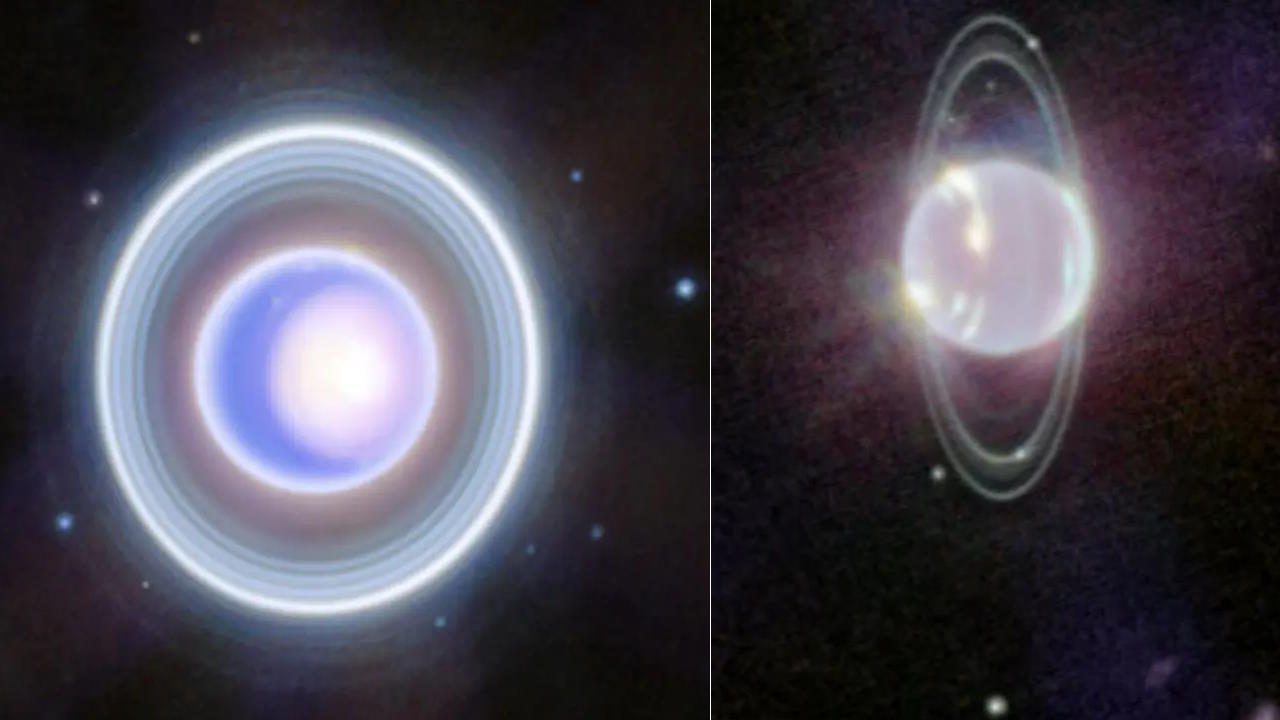The alignment between animal rights and environmentalism, Newkirk says, should be absolute.
Question: How do animal rights stack up against other issues?
Ingrid Newkirk: A long time ago, maybe three decades or so, kids are the ones who taught us to care about the environment. We as adults were terribly wasteful. We were buying hard woods. We weren’t recycling. We were just dumping things in the rivers. We really didn’t have an Environmental Protection Agency that was worth anything. I’m not sure if we have one that’s worth much today, but we have one. And so we learned and we adjusted. And so it is with really young people today who are teaching us that animals deserve protection. They aren’t things. They are fellows with us on the earth, and that we need to adjust our thinking within the same way that we did with environmentalists.
But it happens that it is all tied together, because the whole ecology of the earth depends on so many different species that intermix with their roles in keeping the earth, and the air, and the waters clean and healthful. You know you could go to some remote parts of Alaska – there are very few of them left today, but you can – and you can say, “Oh look! It’s uninhabited.” But it’s pristine. It’s not uninhabited. It’s inhabited by billions upon billions of creatures – from the tiniest of insect, to the wolf, to the eagle, to the beaver. All of these animals have lived there, but they’ve never hurt their environment at all. We come in with our bulldozers, and our heavy equipment, and our oil pipelines and everything else. We are leaking oil at sea from our ships. We’re causing the animals of the oceans to die because of the noises of drilling and what have you. We have to learn that this isn’t all about us. We are just ruining our own nest. So it is a big environmental movement. And so the alignment between animal rights and the environment should be absolute. And that doesn’t even count the . . . what we’re doing with our diet. Because our diet is the most polluting, water intensive, resource consuming occupation that we have on the earth.
We are just deforesting – cutting down the trees so that we can make cheap grazing land. We’re pulling the water out of the earth so that we can grow crops. And instead of eating the crops ourselves, we need 10 to 16 times as many crops to feed to the animals who we ultimately take more water to slaughter, to transport, and so on. It is just a disaster. Animal based agriculture has got to go, and sooner or later it will because the water supply will run out.
We don’t think for a moment that animals have more rights than human beings. What we think is that human beings are clever enough and moral enough to have responsibility to the others on the face of the earth. So animals are never going to do the things we do. I don’t know any ants who put down poison for human beings. I don’t know any squirrels who declared war in Iraq. You know we are the great over riders of everything. We are the great decision makers about everything, and we are very, very destructive. But the animals take for our need, and we take for our greed. You know you can reconstruct flocks of birds and herds of cattle from just the leftovers that are on the trays outside in the corridor of my hotel today. Those animals didn’t die for any good purpose.
And they didn’t die well. They died because we fancied something and we ordered more than we could ever eat. I think we need to be responsible, and PETA has a great hope that human beings can be more like grownups than like big, fat, greedy children; and that we can look out for the basic needs of animals, which is leave me in peace; don’t hurt me when you don’t have to; choose something that’s kind instead of something that’s cruel; live by the golden rule of “do unto others”, and include the animals too.
To me because there are billions upon billions – something like 16 billion – animals killed for food every year in this country alone, that’s an awful lot of individuals; and maybe 100 million animals killed in awful ways in experiments every year. And others used in the circus, and dissection, and the clothing industry and so on. When I open the paper and I see an absence of coverage for all these individuals, then I feel that we have yet to wake up to a core part of what’s going on in the world. We are too self-obsessed, and we’re too narrow in our consideration of who is “us”. Now I saw a bumper sticker that says, “I am you, only different.” And I couldn’t see who was driving. The car turned. And afterwards I thought, “Well actually it doesn’t matter who was driving – whether it was a man or a woman; White, Black, Chinese; it doesn’t matter.”
And that was the message, is that I am you, only different. And all those billions of individuals; it took us a long time to even know that the people we institutionalized were individuals; that people of other races were individuals; that Africans who were brought to this country, we didn’t think of them as individuals. They weren’t in the paper other than if one ran away and we had to go and retrieve our possession. So the absence of the coverage about all the other animals who have interests is the biggest thing that hits me when I watch the news or open the paper. It’s absence.
Recorded on: November 12, 2007





